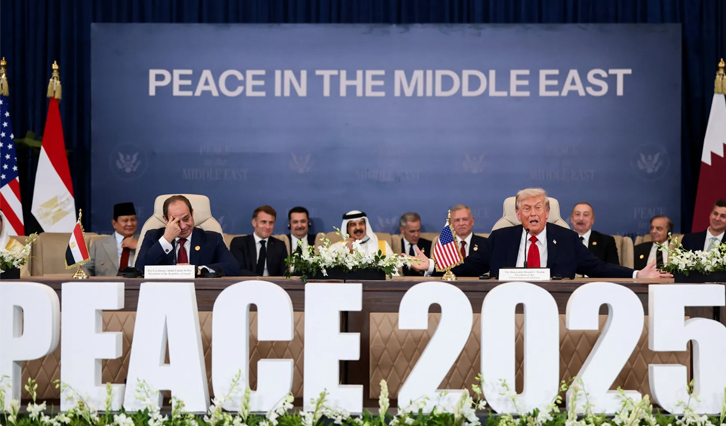While celebrating the end of this terrible war, the international community—particularly the countries gathered in Sharm El-Sheikh—must get to work. The most important, though seemingly unresolved, component of Trump’s 20-point plan involves the mandate and command structure of a new international stabilization force (ISF). According to point 15 of the plan, the ISF will immediately deploy to Gaza in order to train and provide support for newly vetted Palestinian police forces, in consultation with Egypt and Jordan. It is yet unclear which country will lead the ISF, and which countries are willing to send their forces into post-conflict Gaza, where Hamas is actively trying to reinstate itself and rebuild its monopoly over the use of force.
Yet the success of the other 20 points, whether Hamas’ de-militarization, the provision of significant humanitarian aid, a new technocratic Palestinian governance structure, and the free flow of goods into Gaza, hinges on a rapid alternative to Hamas’ security control. The Trump administration should use the Egypt conference to demand that countries contribute forces, logistical support, and resources immediately. Lessons from other international stabilization forces, both within the Middle East and beyond, suggest that domestic politics and regional tensions can complicate—and delay—the establishment of these forces. Any delay in establishing this force will make it harder to wrest control from Hamas in the weeks and months ahead.


